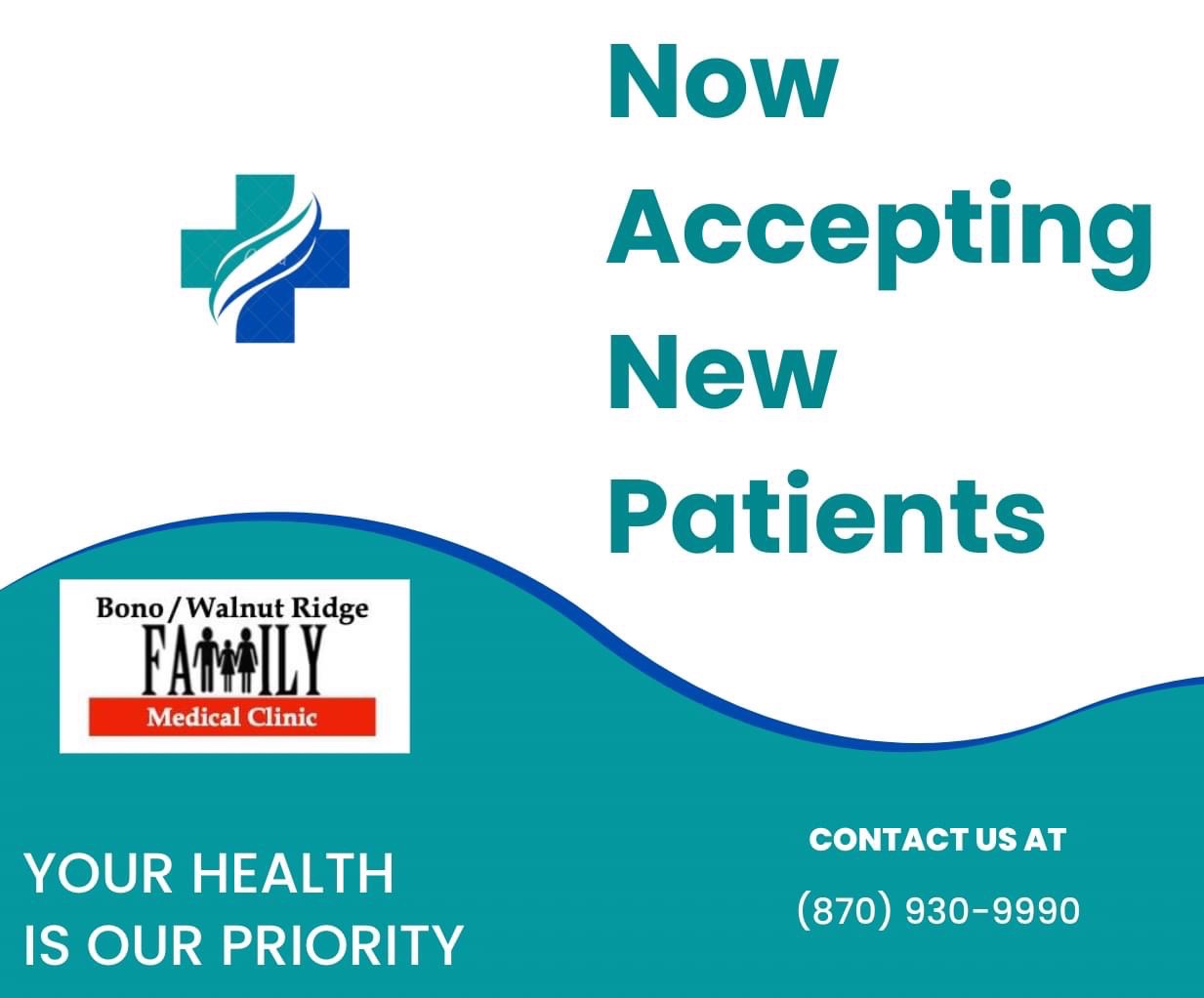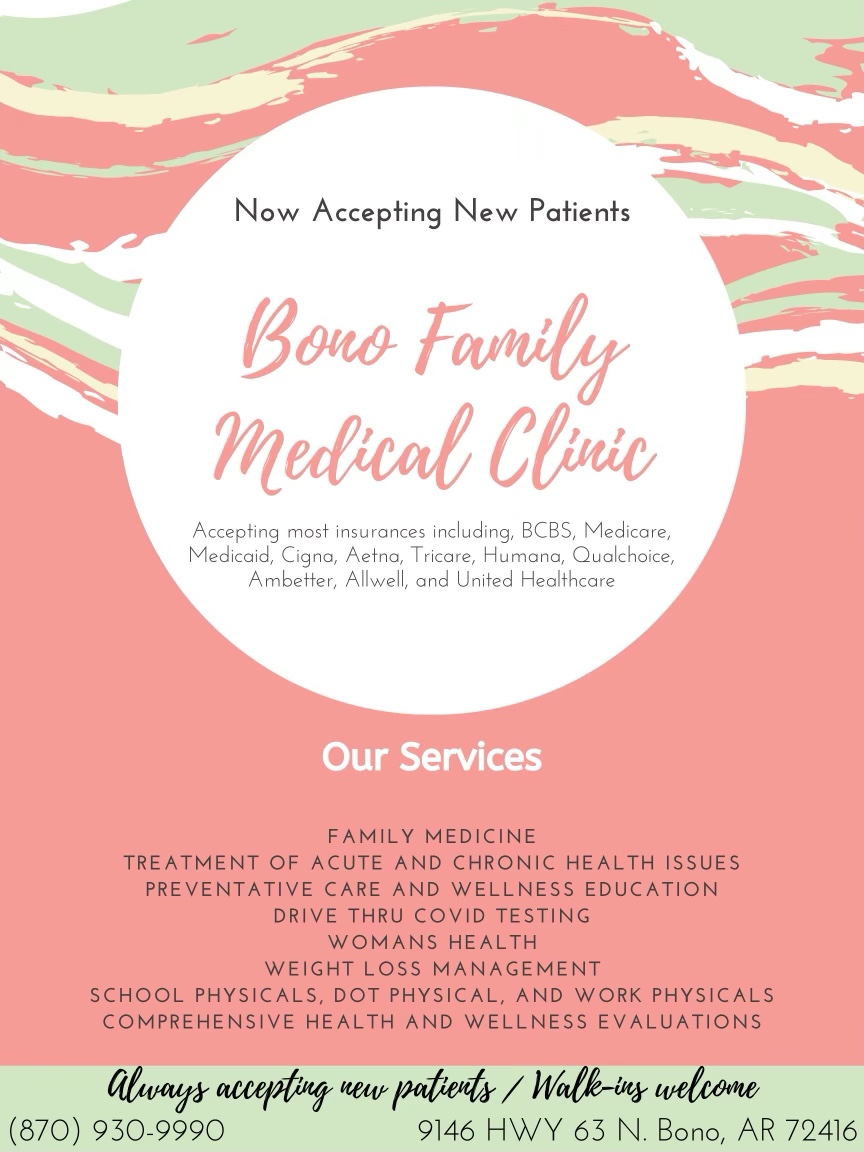
JONESBORO, Ark. – The deadliest drug problem is not meth, cocaine and certainly not marijuana. It is the opioid epidemic, it is a problem here at home, and sources who spoke to NEA Report say it is bad.
The Prescription Problem
 Opioids are substances which act to block pain receptors in the brain, making one feel less pain and often, a sense of euphoria.
Opioids are substances which act to block pain receptors in the brain, making one feel less pain and often, a sense of euphoria.
Painkillers like hydrocodone, oxycontin and the like, which began seeing a rise in prescription use in the 1990s, were followed by a correlative rise in opioid overdose deaths. While it has become more common knowledge, now, it wasn’t as widely known in the late 90s that opioids weren’t safe for long-term prescriptions.
In the mid-2000s, attitudes began to shift and opioid painkillers became less widely and liberally prescribed but the problems persisted. More has been done in recent years to address the problem and learn about averting it. A UAMS study from March, 2017 showed use of opioids for three days or less reduced the likelihood of chronic abuse.
But as efforts have increased, the problem has evolved. Heroin use and overdoses began to rise as the prescription opioid problem seemed to be curtailed. Once addicts lose access to prescription opioids, they often turn to illegal opioids continue on the destructive path.
 As heroin overdoses began their upward trend, a local leader emerged in 2008 to spearhead efforts in NEA against drug addiction. The Out of the Dark organization, founded by Skip Mooney, Jr. in Jonesboro, was formed when five young adults were hospitalized from heroin overdoses. It began as a community volunteer response to the drug epidemic issues reported in The Jonesboro Sun. Since then, it has continued.
As heroin overdoses began their upward trend, a local leader emerged in 2008 to spearhead efforts in NEA against drug addiction. The Out of the Dark organization, founded by Skip Mooney, Jr. in Jonesboro, was formed when five young adults were hospitalized from heroin overdoses. It began as a community volunteer response to the drug epidemic issues reported in The Jonesboro Sun. Since then, it has continued.
On Wednesday, March 29, 2017, national efforts against opioid abuse saw victory as President Donald Trump announced the appointment of New Jersey Governor Chris Christie to chair a committee on opioid abuse and how best to combat this problem. The president emphasized treatment options for those who were addicted. Mooney said it was a good development but he stressed work would still need to be done locally.
“The government is not going to solve this problem,” Mooney said. “They can come in and help with the funding and support the communities but it’s going to be up to me and you, families, to solve them locally.”
The effects of opioid abuse are far-reaching on both an individual and a society. Yet, even as efforts began to attack one part of the problem, the heroin factor began to emerge. Drug overdose deaths related to heroin went from 9 percent in 1999 to 25 percent by 2015, according to the Centers for Disease Control. Mooney said the reason why lies in the similarities between the drugs.
“The chemical makeup of oxycodone is almost exactly that of heroin,” Mooney said.
The Local Problem
Opioid abuse is a common problem in NEA and Jonesboro. The Second Judicial District Drug Task Force (DTF), covering a six county area, sees a considerable amount of schedule II drugs being used and sold on the street, said Jonesboro Police Department Information Specialist Paul Holmes
Schedule II drugs include hydrocodone, oxycontin, oxycodone, Fentanyl, and the like.
“DTF agents tell me that the hydrocodone tablets they see on the street are prescribed to patients but are diverted from their legitimate uses to illicit purposes,” Holmes said. “A single hydrocodone tablet may go on the street for $7 dollars up to perhaps $10, DTF tells me.”
JPD logged over 80 arrests involving opioids in 2016, according to data provided to NEA Report. Most of the schedule II arrests in Jonesboro from 2016 were for hydrocodones. Some were for oxycodone. Often, the suspect would be in possession of either marijuana or methamphetamine along with the pills. A schedule II substance possession charge is a felony.
The Arkansas Prescription Drug Monitoring Program, under Arkansas law, requires that each medical drug dispenser shall submit information regarding each prescription dispensed for a controlled substance. Each time a controlled substance is dispensed to a patient, the dispenser submits the information to the central repository. The goal is to prevent “pill mills” from developing within a community but Mooney said the program, by itself, has not done enough.
“I sat on the committee and the medical providers had lobbyists,” Mooney said. “You name an agency, they were on the board. As we’re going through to try to put together legislation about a prescription drug monitoring program, they (lobbyists) refused to let any legislation come out of committee that required any mandatory use at all for a prescriber.”
In Mooney’s eyes, lobbyists were so overprotective of their clients that they were creating problems instead of preventing them. It seems this has changed with the passing of SB339 by the Arkansas State Senate and House of Representatives. The bill, currently awaiting Governor Asa Hutchinson’s signature, is one Mooney expects to be signed any day and one he said he has fought to see pass for years. The bill will mandate prescribers check the drug monitoring database before they prescribe certain narcotics.
“All we’re asking them to do is share in the responsibility we have in fighting this epidemic,” Mooney said. “We live in the same communities.”
However, the pills don’t always go straight from the pharmacist to the abuser, JPD’s Holmes explained.
“So these pills get into the illicit stream of commerce any number of ways,” Holmes said. “Perhaps someone steals them from a patient. Perhaps a patient who was prescribed them decides to sell them instead of use them as directed, or the like.”
Even with more prescribers being responsible with prescriptions, the problem grows. When prescription painkillers are no longer needed, the pills can often end up in the wrong hands. Drug dealers work to develop sources in the community who regularly sell them prescriptions, at a flat rate, so that they may sell pills like hydrocodones for up to $10 a pill.  This issue is why police have drug takeback boxes across the community – including outside of JPD on Caraway Road in Jonesboro.
This issue is why police have drug takeback boxes across the community – including outside of JPD on Caraway Road in Jonesboro.
“We have a drug take back box outside the PD where people can dispose of prescription medicines they no longer need or want – we much prefer they would do that than flush them down the toilet into the sewer system, or simply leave them lying around in the medicine cabinet where someone who shouldn’t have them,” Holmes said. “We will be a part of the big state takeback effort at the end of April, but we have our secure box available outside 24/7; Jonesboro Rotary Club and Gibson Sign Mart were partners in that; Rotary bought the box, Gibson applied the decals. Of course – this is any unused/unneeded prescription drugs – no needles, please!”
While the drug takeback programs are helpful, it isn’t enough. Mooney believes Jonesboro needs a medical detox facility. He said he fears people are too unwilling to discuss solutions for the problems and instead, want to place blame, rather than be leaders for all of NEA.
“My goal is to get a medical detox in this town,” Mooney said. “We’ve got so many great resources in Jonesboro. Have a medical detox center where you don’t have to wait two weeks to get this poison out of your body and then have referral center to get people back in the community, whether it’s mental health treatment or help finding jobs.”
Find out more information on opioid abuse here.
Anyone with information about prescription drug dealers, pill mills or other crime activity can contact JPD at (870) 935-6710 or Crime Stoppers at (870) 935-7867 (935-STOP.)
Read more: SB339
Follow NEA Report on Twitter and Facebook for the latest news developments from across Northeast Arkansas.
By Stan Morris | Twitter | e-mail | Facebook















1 Trackback / Pingback